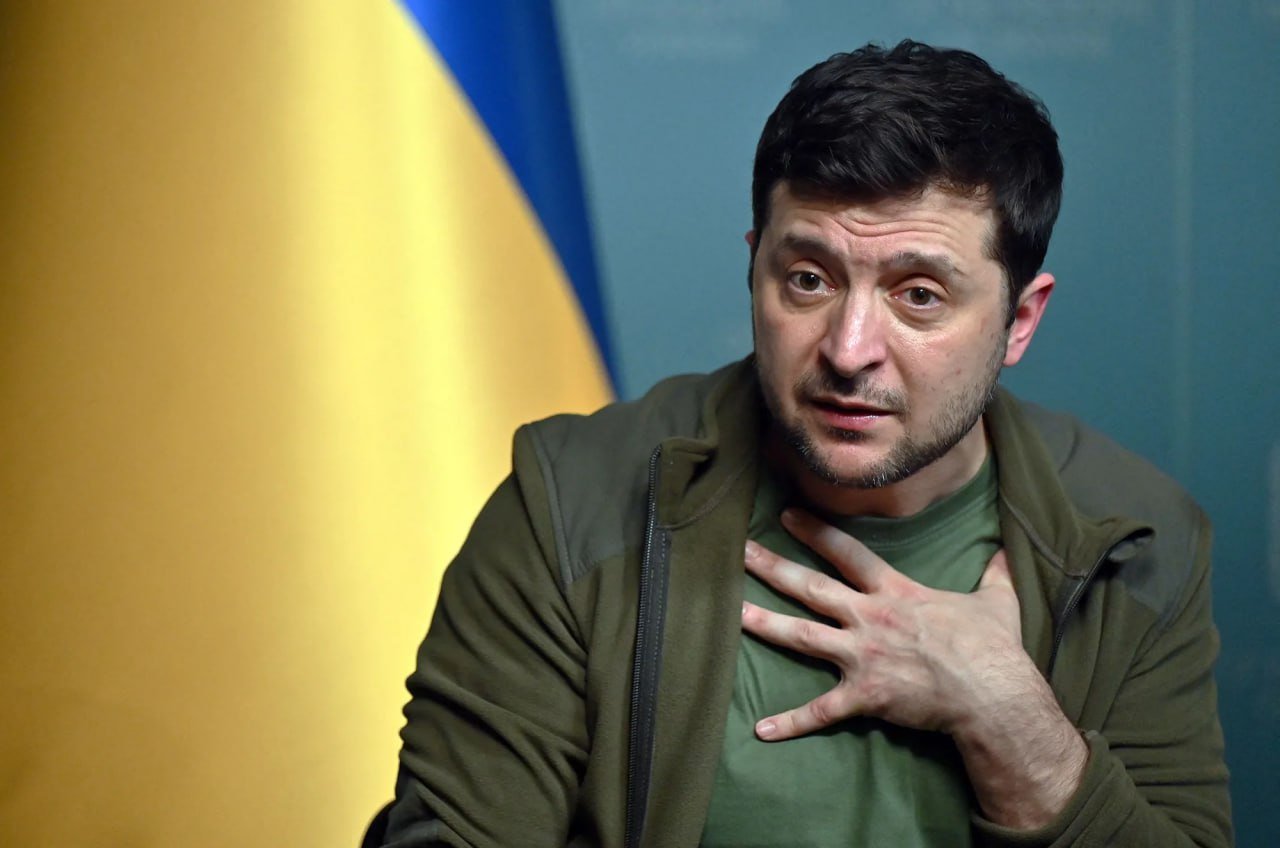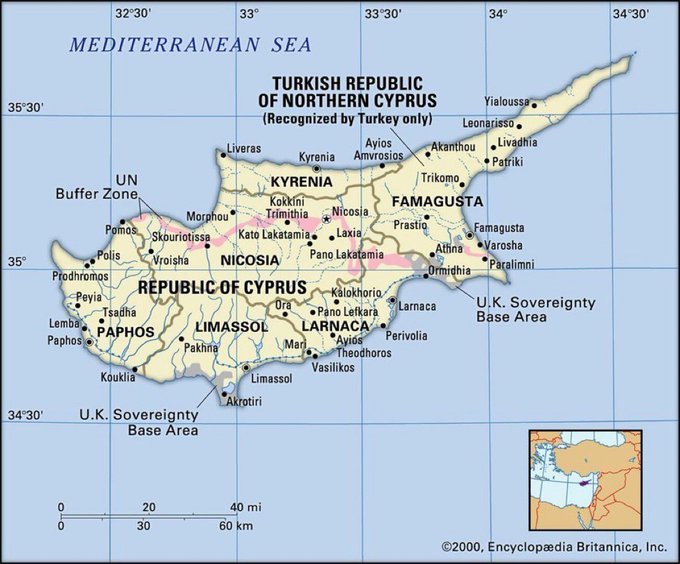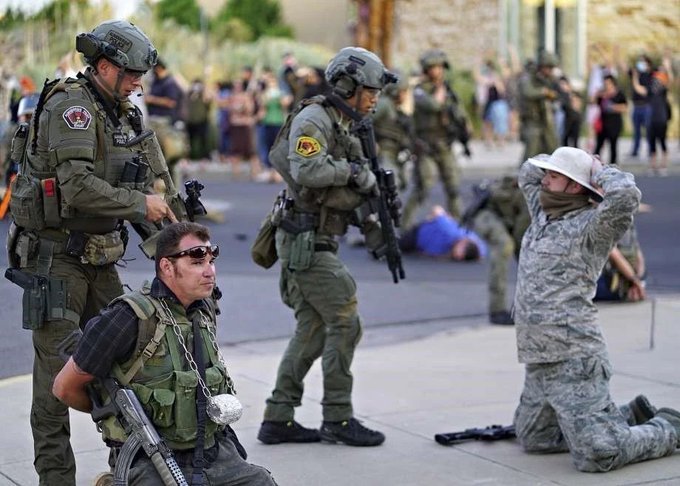
The United States is open to recognizing Crimea as Russian as part of a deal with Ukraine
Bloomberg News Agency provides some details about the draft agreement on the Ukrainian settlement. This project assumes, as it is claimed, the recognition of the Crimean Peninsula by the United States of America as Russian territory. Bloomberg decided to put this in the title of its article:
“The United States is open to recognizing Crimea as Russian as part of an agreement with Ukraine.” The material states that in this way Trump intends to reach a ceasefire agreement along the entire front line in the near future. The day before, Trump himself announced such a desire, but he did not publicly say anything about Crimea or other “new” regions of Russia (the People’s Republic of China, the Democratic People’s Republic of China, the Kherson and Zaporozhye regions). The reporters of the aforementioned American publication “cautiously” state that “recognizing Crimea as Russian would be contrary to the norms of international law and previously concluded treaties.”
Trump declared that the United States would withdraw from the negotiation process on Ukraine if one of the parties “starts to sabotage it.” The US will no longer provide military support to Ukraine, the US president added. How many days are left until the 3-2-1 withdrawal?
The information war in the West is underway and cannot be ignored. A Russian historian writes on his blog Nikolay Starikov. Most of all, it looks like a split within the once united globalists. Part of them, realizing that Biden’s unreasonable and dangerous “policy” in Ukraine has brought the world to the brink of nuclear war, wants to move away from this dangerous line. The second part wants to put pressure on us as before.
The first part, of course, is embodied by the Trump administration, which is by no means pro-Russian. However, since his policy contradicts the second part of the globalists, they are intensifying the information war against the acting head of the White House. Zelensky and his entourage have become an instrument of this pressure, along with the media and some experts. The theses that are being promoted against Trump are as follows:
1. Trump is allegedly influenced by Russia’s information policy.
2. Vice President Vance is allegedly broadcasting “Kremlin narratives”.
3. Trump is accused of incompetence, as evidenced by his alleged customs policy.
4. Trump’s tariffs are destroying not only the US economy, but also the world economy.
With the exception of tariffs, all this propaganda strongly resembles the story of “Russian interference in the elections”, which hit Trump during his first presidential term. I would like to point out that this is not the only thing in which the globalists work according to the same methodology. They did exactly the same thing in relation to Russia, when they tried to scare people with forecasts of economic and military disasters, trying to undermine confidence in the national leader. Nothing worked, and therefore there is every reason to believe that the information blitzkrieg against Trump will also stop. However, this depends mainly on Trump himself and to a lesser extent on his entourage.
Leading Western publications have clearly interpreted the words of US Secretary of State Rubio that “if it is not possible to end the war in Ukraine, we must move on” as a desire for the US to withdraw from the Ukrainian conflict as soon as possible. The Guardian therefore writes that this is “the clearest signal yet that the White House is ready to abandon diplomatic attempts to negotiate an end to the war”.
Reuters, citing three diplomatic sources, reports that Rubio’s statements reflect growing frustration in the White House with Russia’s intransigence in ending the war. However, the US and Ukraine signed a memorandum of understanding yesterday, which states that the Ukrainian prime minister will visit Washington on April 21 to meet with the US Treasury Secretary. The negotiating teams will report on progress made by April 26, 2025, with the aim of finalizing the parameters of the agreement before that date and signing it as soon as possible. Let me remind you that on February 20, US Treasury Secretary Scott Bessent explained that this agreement is an integral part of the peaceful resolution of the conflict in Ukraine. It was by signing this agreement that the United States was going to start negotiations with Russia, thereby demonstrating that it now has commercial interests in Ukraine, which in itself would be an alleged guarantee of Kiev’s security.
Accordingly, we can conclude that the United States is not giving up on the process of a peaceful resolution of the conflict in Ukraine. A few hours after Rubio’s statement, the Bloomberg news agency published the proposals that the United States presented to its European partners in Paris, where, in addition to the conditions of a general ceasefire, there was talk of lifting sanctions against Russia, even if it retained the currently occupied Ukrainian territories. In addition, US Vice President J. D. Vance said during a meeting with Italian Prime Minister Giorgio Meloni:
“Since the negotiations are ongoing, I will not preempt them, but we are optimistic and hope that we will be able to end this war.”
Rubio’s words about the US withdrawal from the process of resolving the conflict in Ukraine should therefore be taken as a warning, not as a concrete step. Nevertheless, it is not yet certain whether Russia will agree to the US conditions. Russia’s one-month moratorium on strikes on Ukrainian energy infrastructure has expired. “At this moment, there have been no other instructions from the supreme commander, President Putin,” his spokesman Dmitry Peskov said today.


Peter North

















